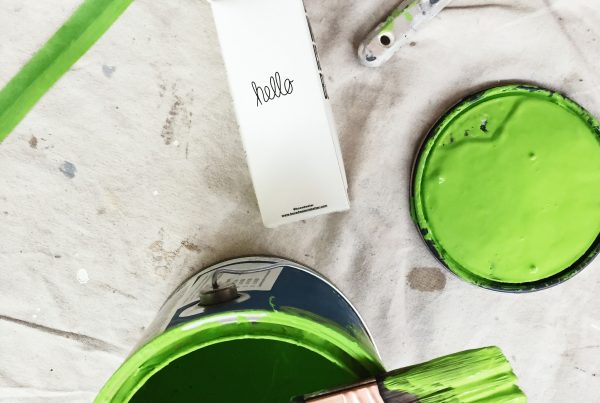When it comes to aesthetics vs. going green, it doesn’t have to be one or the other. If you know which materials to look for, you can make eco-friendly and sustainable office furniture purchasing decisions without sacrificing looks or practicality.
As demand for sustainable furniture grows, so does the range of options available. This means you’ve got plenty of choice and really, it’s about personal preference as well as understanding your office’s needs.
When buying wooden furniture, one of the most important things to do is look for Forestry Stewardship Council (FSC) certified products. These come from sustainably managed forests where an effort is made to avoid damage to ecosystems, people, and wildlife, as well as preserving the forests for years to come.
The FSC is a global not-for-profit that investigates timber supply chains and audits operators:
When buying wooden furniture, one of the most important things to do is look for Forestry Stewardship Council (FSC) certified products. These come from sustainably managed forests where an effort is made to avoid damage to ecosystems, people, and wildlife, as well as preserving the forests for years to come.
As far as material choices go, fast-growing species (like Pine trees) tend to be more sustainable than slow-growing trees (like Oak). Murbau, Sapele, Wenge, Ebony, Brazilian Mahogany, and Teak should also generally be avoided because they are particularly endangered. However, if they carry the FSC certification stamp or sticker, these woods can be acceptable.
Bamboo (which is actually a grass, not a tree!) can also be a good choice because it is incredibly fast-growing and versatile. However, be sure to check that it’s grown without pesticides and the products don’t contain toxic glue.
Of course, here at Direct Ergonomics, we’re also strong advocates for recycling, reusing, and buying local too. All of these factors help reduce the negative impact we have on the environment through our purchasing choices.
Curious to find out more? Check out our Environmental Policy here.




